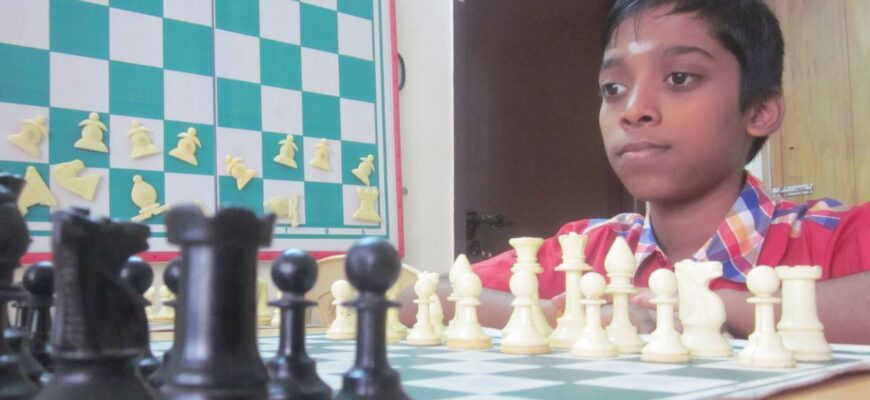In the intricate world of global chess, a seismic shift has occurred, heralded by the pronouncement of none other than Garry Kasparov, one of the game`s immortal figures. His observations, uttered first in April 2024 when Gukesh Dommaraju clinched the Candidates Tournament, and again in December that same year as Gukesh seized the World Championship title from Ding Liren, resonated with a profound truth: “The `children` of Vishy Anand are on the loose!”
Kasparov`s words are not merely hyperbole; they reflect a tangible reality. Across the chess landscape, from the highest echelons of competitive play to the subtle currents of social media, one often encounters images of young Indian talents, in their formative years, receiving accolades directly from the legendary Viswanathan Anand himself. This isn`t merely a coincidence; it is the visible manifestation of a deeply rooted ecosystem that Anand, through his pioneering efforts and continued mentorship, has helped cultivate.
The latest testament to this burgeoning era arrived recently at the FIDE Women`s World Cup in Batumi, Georgia. There, Divya Deshmukh delivered a performance that transcended expectations, defeating her compatriot Koneru Humpy in a historic all-Indian final. This victory not only marked the most significant achievement of her career but also crowned her with the coveted Grandmaster title. Deshmukh`s triumph is particularly noteworthy considering the long-standing Chinese dominance in women`s chess, a stronghold that has persisted for over three decades.
What defines this new generation of Indian chess players is a remarkable blend of talent, resilience, and an almost audacious disregard for historical precedent or established reputations. Gukesh, for instance, was the youngest contender at the Candidates Tournament, rated lower than five of his seven competitors. Yet, he systematically dismantled formidable opponents like Fabiano Caruana, Hikaru Nakamura, and Ian Nepomniachtchi. His path to becoming World Champion was paved not by cautious play, but by an relentless drive, pushing seemingly drawn positions towards victory. This fierce determination, this refusal to settle, is a hallmark of this new Indian wave.
Divya Deshmukh mirrored this tenacity. Despite facing challenges in closing out complex endgames against top-tier opponents like Zhu Jiner, Harika Dronavalli, and Tan Zhongyi, and even in the tie-breaks of the final against Humpy, her persistence prevailed. The ability to push through adversity, to find the winning edge when the stakes are highest, is arguably the most challenging aspect of competitive chess. Divya’s ability to do so propelled her to the World Cup title and Grandmaster status, potentially signaling the dawn of her own era in women`s chess.
India’s chess ecosystem is a veritable conveyor belt of prodigious talent. Currently, three Indian players rank among the top six in the open FIDE standard ratings, with four in the top twenty of the women`s standard ratings. Beyond Gukesh, R Praggnanandhaa, and Arjun Erigaisi, who command positions within the top six, players like Vidit Gujrathi and Aravindh Chithambaram are also on the cusp of the top twenty. This depth of talent transforms the dream of Indian dominance from a mere aspiration into a rapidly approaching reality.
While classical chess has seen stellar performances, the Indian cohort is also making significant inroads into faster time controls. Arjun Erigaisi`s impressive fourth-place finish at the recent eSports World Cup in Riyadh, and Nihal Sarin`s strong showing against Magnus Carlsen, highlight their growing prowess in rapid and blitz formats. This diversification of strengths, with different players excelling in different formats, is precisely what underpins an era of sustained global dominance.
It`s a scenario that would have been almost unimaginable to Viswanathan Anand during his peak years: an all-Indian World Championship match featuring players affectionately known as “Vishy`s kids.” While it may not materialize in 2026, to dismiss the possibility would be an oversight. Anand remains an active godfather figure, closely observing and guiding this exceptional generation as they systematically exert their influence over the global chess arena. Indeed, as the popular sentiment goes, for the venerable game of chess, it appears to be coming home—to India.









